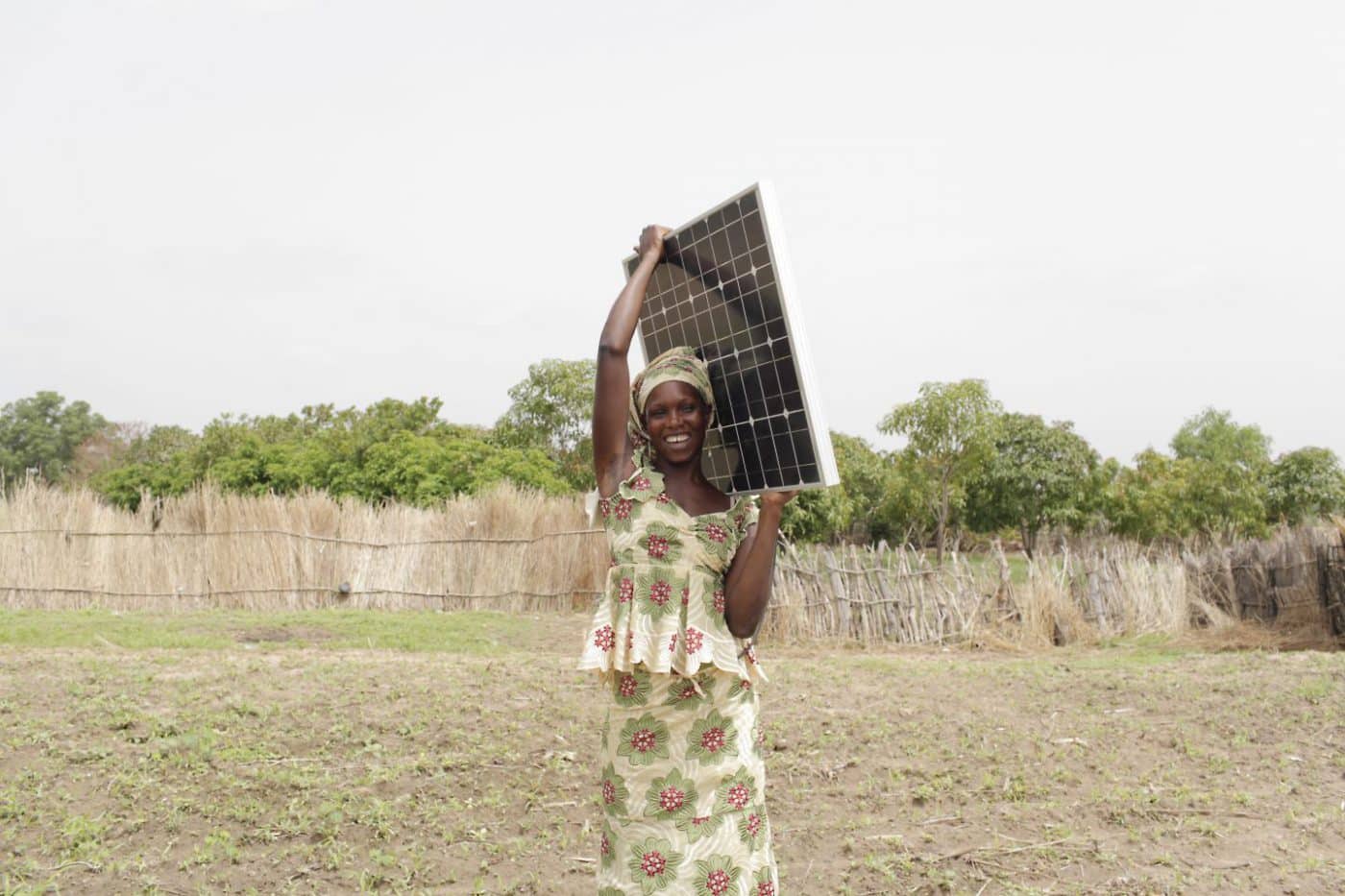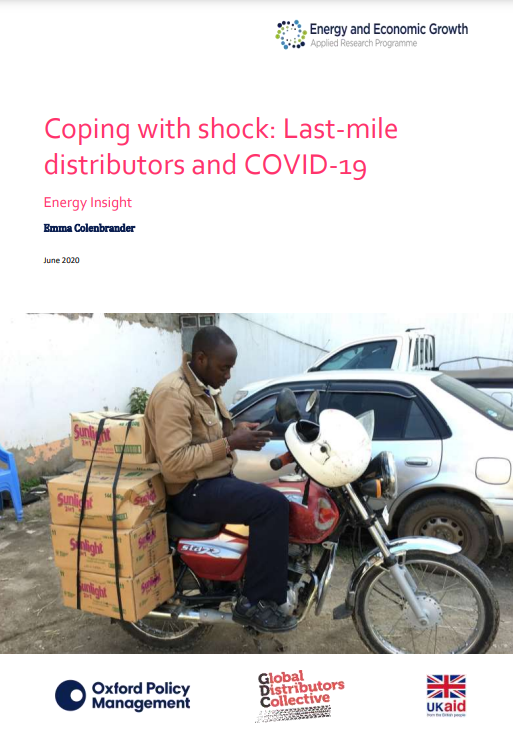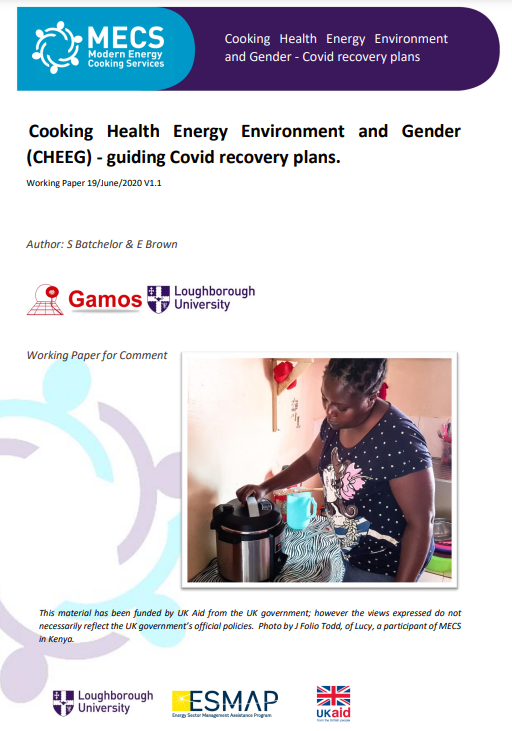Archives: Documents
-

Power Equality: Women’s entrepreneurship transforming Asia’s energy sector
This publication examines energy access and the need to strengthen the livelihoods of the poor, especially women, in Asia. More critical today than ever before, as governments prepare to deal with the economic and human crisis that COVID 19 has brought with it, promoting women’s entrepreneurship in renewable energy provides a unique opportunity to achieve…
-

Strategic Plan
With this strategy document, we—the ENERGIA network—share what we aim to achieve between 2018 – 2021. We also present how we intend to capitalise on our strengths to scale our collective impact, how we will improve our weaknesses and how we will find solutions to persistent and emerging issues around sustainable energy and equitable energy…
-

From insights to action: Gender equality in the wake of COVID-19
The impacts of crises are never gender-neutral, and COVID‑19 is no exception. This publication summarizes data, research, and policy work by UN Women’s Policy and Programme Division on the pandemic’s impact on women and girls, including the impact on extreme poverty, employment, health, unpaid care, and violence against women and girls. The publication also brings…
-

Coping with shock: Last-mile distributors and COVID-19
-

Cooking Health Energy Environment and Gender (CHEEG) – Guiding COVID recovery plans
-

Gender and Climate Change in the Context of COVID-19
COVID-19 is more than a public health crisis. It is a socio-economic crisis and has serious repercussions for the the most vulnerable members of our societies, particularly those who are also burdened by climate change. At the EmPower: Project with UNEP and UN Women, we’re making the connections between gender and climate change in the…
-

SDG7 TAG Policy Briefs: Accelerating SDG7 Achievement in the time of COVID-19
-

Gender-based violence and environment linkages
Rooted in discriminatory gender norms and laws and shrouded in impunity, gender-based violence (GBV) occurs in all societies as a means of control, subjugation and exploitation that further reinforces gender inequality. This publication establishes that these patterns of gender-based abuse are observed across environmental contexts, affecting the security and well-being of nations, communities and individuals,…
-

Tracking SDG 7: The Energy Progress Report (2020)
-
Gender and energy at center stage in COVID-19 battle: Powering a more gender-equal recovery
Women are on the frontlines of the coronavirus pandemic. They need modern and affordable energy to keep up the fight and support the recovery, to make their communities and businesses more resilient for the next pandemic. The coronavirus crisis is putting an unprecedented and enormous strain on the global economy and public health systems, and…
-
Energy Use and Enterprise Performance in Ghana: How Does Gender Matter?
The potential impact of electricity use on enterprise performance has a gender dimension that has been overlooked by the energy and development literature. This omission disregards the evidence of a gendered division of labour and the different energy consumption patterns of different productive activities. To address the gaps in the literature, this paper analyses an…
-
Policy Brief: The role of appliances in achieving gender equality and energy access for all
A holistic energy access approach, taking into account the role of appliances, is needed if we are to achieve access to energy for all (Sustainable Development Goal 7) and gender equality (Sustainable Development Goal 5) by 2030. Appliances can reduce drudgery and save time in performing household tasks. They can also be transformative from an…

